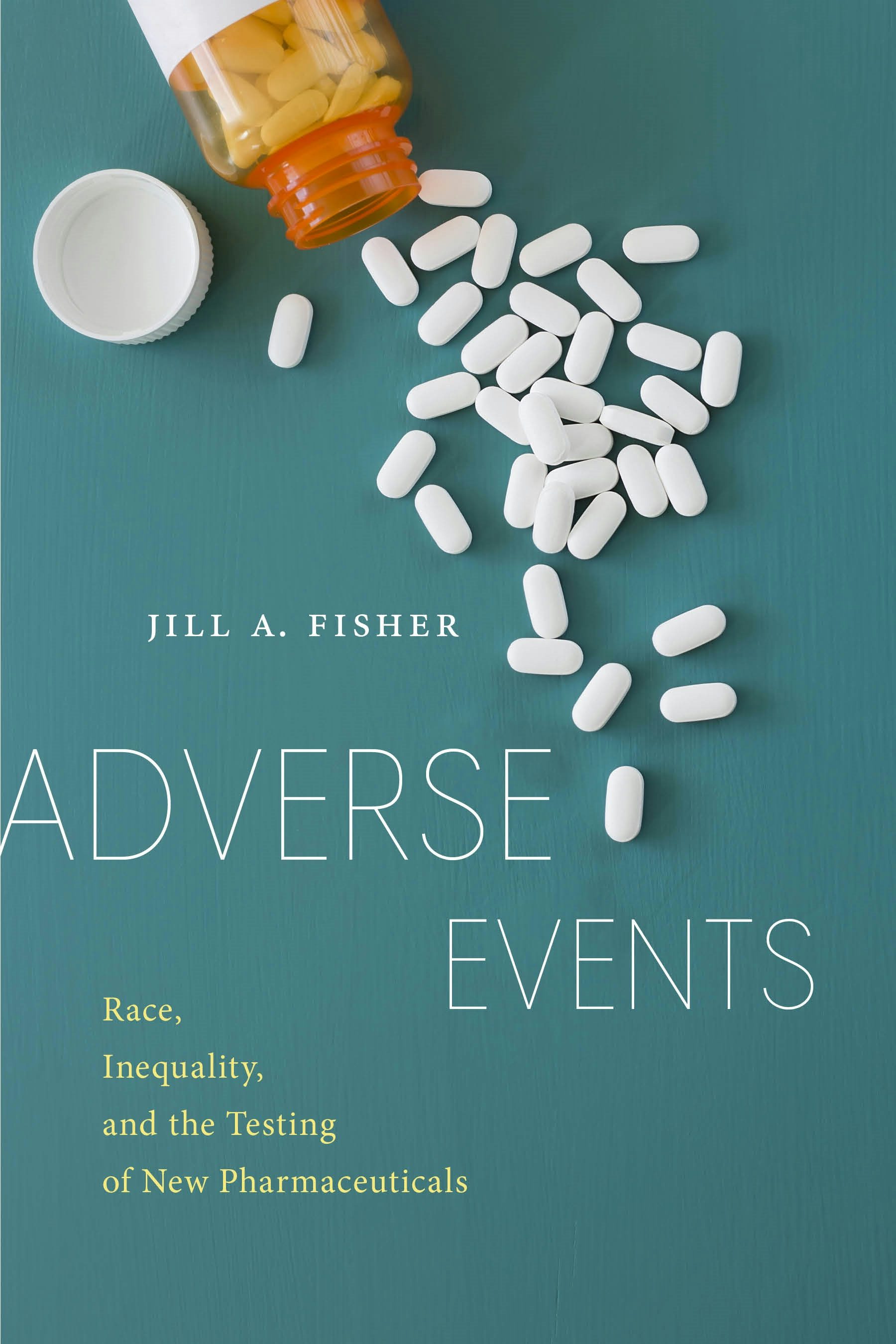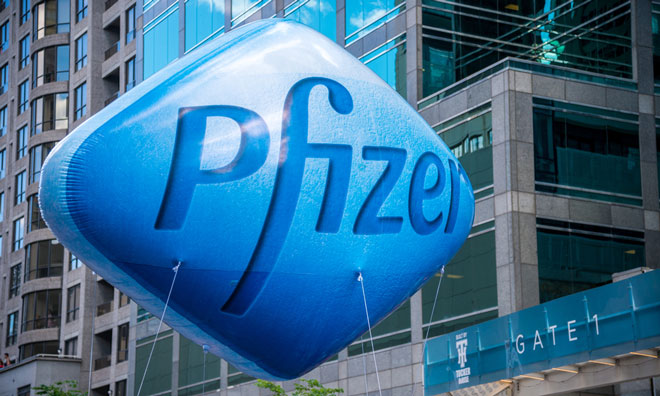

There were two adverse events from delivery through 1 month later that were “possibly” related to the vaccine, the briefing document said. The FDA briefing document on the vaccine said that within 30 days after vaccination, 0.4% of adverse events reported in the vaccine group and 0.1% of adverse events in the placebo group were considered to be related to the injection by the investigator. There were very few adverse events that were considered to be related to the Pfizer vaccine. For the infants, 7,128 continued with the study and are being followed for up to 24 months of age. The phase 3 trial enrolled nearly 7,400 pregnant participants in 18 countries, with half receiving the vaccine and half getting the placebo 45% of participants were in the United States. “A big strength of randomized trials is that we can separate out how often do these things happen at baseline for a placebo group … and then compare that with the vaccination group.” That comparison can “disentangle if there was any increase in adverse events that can be attributed to the vaccine.” “There’s a lot going on in their health,” she said.

Natalie Dean, assistant professor in the Department of Biostatistics & Bioinformatics at the Emory University Rollins School of Public Health, told us that people, and particularly pregnant women, can have adverse events - regardless of whether they received a vaccine. The incidences of adverse events reported within 1 month after injection or within 1 month after birth were similar in the vaccine group (13.8% of women and 37.1% of infants) and the placebo group (13.1% and 34.5%, respectively).”īar graphs published with those results show the percentages were also similar for events considered “serious” or “severe.” (Similar bar graphs were part of a Pfizer presentation to a CDC advisory board.
#PFIZER ADVERSE EVENT TRIAL#
The peer-reviewed trial results said: “No safety signals were detected in maternal participants or in infants and toddlers up to 24 months of age. And these adverse events are any health events that occur after vaccination, not necessarily events caused by the vaccine. One slide in the Instagram post listed percentages for adverse events reported in Pfizer’s clinical trial after vaccination, but it didn’t explain that the percentages were similar for those in the placebo group. One popular post, from a social media account that frequently posts about vaccines, raised “concerns,” but some of its claims are misleading or require more context. Given the volume of misinformation that has circulated on social media regarding the COVID-19 vaccines, it may not be surprising that posts are beginning to appear questioning the safety of the RSV vaccine. And “RSV bronchiolitis is the single most common cause of hospitalization in the first year of life in the US,” she said in an email. Caserta, a professor of pediatrics at the University of Rochester Medical Center and a member of the American Academy of Pediatrics’ Committee on Infectious Diseases, told us the virus “is the most commonly identified cause of lower respiratory tract disease (pneumonia and bronchiolitis)” in infants.

In addition to young and premature babies, infants with heart or lung disease, or weakened immune systems are particularly prone to severe illness. The FDA’s decision on whether to approve it is expected to come in August, Pfizer said.Īs we’ve explained in a Q&A article, RSV infects nearly all kids by the time they’re 2 years old, the Centers for Disease Control and Prevention says. On May 18, an FDA advisory committee voted affirmatively that the trial data supported the effectiveness and safety of the vaccine. The FDA approved the vaccine for adults age 60 and older on May 31, but it must separately consider the data on administering the shot in pregnant people to protect babies. The vaccine is the same formulation as Pfizer’s RSV vaccine for older adults, who also are susceptible to serious and dangerous illness from the virus. The results of the clinical trial, published in the New England Journal of Medicine, showed a vaccine efficacy of 81.8% against severe RSV-confirmed lower respiratory tract illness requiring a medical visit in the first 90 days after birth and an efficacy of 69.4% through 180 days after birth. Building on a scientific breakthrough in the study of RSV about a decade ago, Pfizer has developed a maternal vaccine, to be given to pregnant people so that the antibodies they develop can be passed on to their babies.


 0 kommentar(er)
0 kommentar(er)
